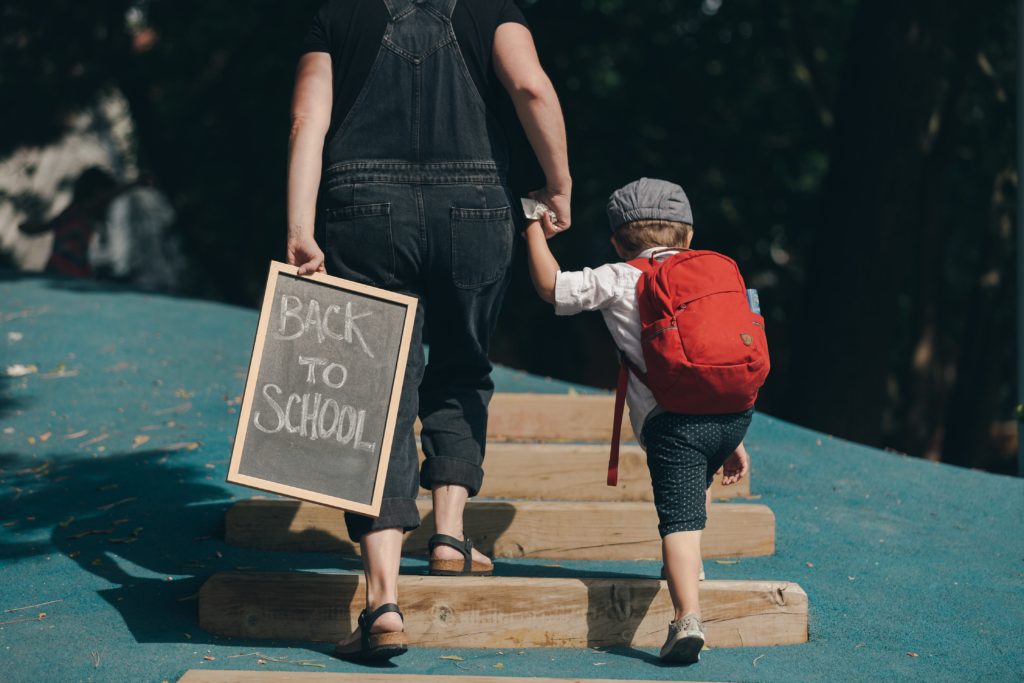Families are the cornerstone of society, and at the heart of every family are its children. The well-being and development of children are inextricably linked to the strength and vitality of their families.
Children are not just passive members of a family; they are the heartbeat that keeps it alive and thriving. They bring joy, laughter, and a sense of purpose to their families. From the moment a child is born, they become the center of attention, the source of endless love, and the focus of care and concern. Children have a unique ability to unite families and create bonds that can endure a lifetime. Their presence fosters a sense of responsibility and a shared commitment to nurturing, protecting, and guiding them through life’s journey.
Family dynamics play a pivotal role in shaping a child’s identity, values, and worldview. Children absorb the culture, traditions, and beliefs of their families, and these early experiences become the foundation upon which they build their own lives. The quality of family relationships, the level of communication, and the presence of love and support all influence a child’s emotional and psychological development. In families characterized by warmth, trust, and open communication, children are more likely to develop strong self-esteem and a sense of belonging. Conversely, in families where conflict, neglect, or abuse is present, children may face significant emotional challenges that can impact their well-being.
Parents are central figures in a child’s life, serving as role models and primary caregivers. Their actions, behaviors, and attitudes profoundly influence their children. A nurturing and supportive parenting style fosters a secure attachment between children and their caregivers, providing a strong emotional foundation. Effective parenting involves not only meeting a child’s physical needs but also being emotionally available, setting boundaries, and offering guidance. Healthy family routines, such as regular mealtimes and bedtime rituals, provide stability and predictability, contributing to a child’s sense of security.
Siblings also play a crucial role in a child’s family experience. Sibling relationships are often the longest-lasting relationships in a person’s life. Siblings can serve as playmates, confidants, and sources of emotional support. They learn to navigate conflicts and negotiate relationships, valuable skills that they carry with them into adulthood. Siblings share experiences, traditions, and a common family history, creating a unique bond that is both enduring and irreplaceable.
Extended family members, such as grandparents, aunts, uncles, and cousins, contribute to the richness of a child’s family life. They provide additional sources of love, guidance, and support. Grandparents, in particular, often play a special role in a child’s life, offering wisdom, storytelling, and a connection to family heritage. Extended family relationships strengthen the sense of belonging and connection that children experience within their families.
Cultural and religious beliefs are integral aspects of family life, shaping a child’s understanding of the world and their place in it. Families transmit their cultural and religious values to their children through rituals, celebrations, and traditions. These teachings instill a sense of identity and belonging, helping children develop a strong sense of cultural and spiritual heritage. Exposure to diverse cultures and religions within a family can also broaden a child’s perspective and foster tolerance and understanding of others.
Education is another crucial dimension of family life. Parents and caregivers are a child’s first teachers, providing essential early learning experiences. They introduce children to language, numeracy, and social skills, setting the stage for future academic success. In addition to formal education, families also play a pivotal role in nurturing a child’s curiosity, creativity, and love of learning. Reading together, exploring the natural world, and engaging in educational activities all contribute to a child’s cognitive and intellectual development.
Families are not immune to challenges and adversities, and children can be profoundly affected by family stressors such as divorce, financial difficulties, or illness. During such times, maintaining open and honest communication with children is crucial. It is essential to provide them with age-appropriate explanations and reassurance to help them cope with uncertainty and change. Support networks, including therapists, counselors, and support groups, can also be invaluable in helping families navigate challenging circumstances while minimizing the negative impact on children.
Building resilience in children is a vital task for families. Resilience equips children with the capacity to adapt and thrive in the face of adversity. Encouraging children to develop problem-solving skills, emotional regulation, and a growth mindset helps them navigate life’s ups and downs. Moreover, nurturing a sense of self-compassion and teaching children that setbacks are part of life’s journey can contribute to their overall well-being.
Families also have a role to play in fostering empathy, compassion, and social responsibility in children. Engaging in acts of kindness, volunteering as a family, and discussing social issues create opportunities for children to develop a sense of empathy and an understanding of the world beyond their immediate family. These experiences can instill a deep-seated commitment to making a positive impact on their communities and the broader society.
Cultural, religious, and educational influences within families play a significant role in guiding children’s values and beliefs. While families face challenges, they also have the capacity to build resilience in children and nurture qualities like empathy and social responsibility. As families continue to provide a loving and supportive environment, children will flourish, carrying the values and lessons they learn within their families into the wider world, shaping not only their own lives but also the societies they inhabit.



